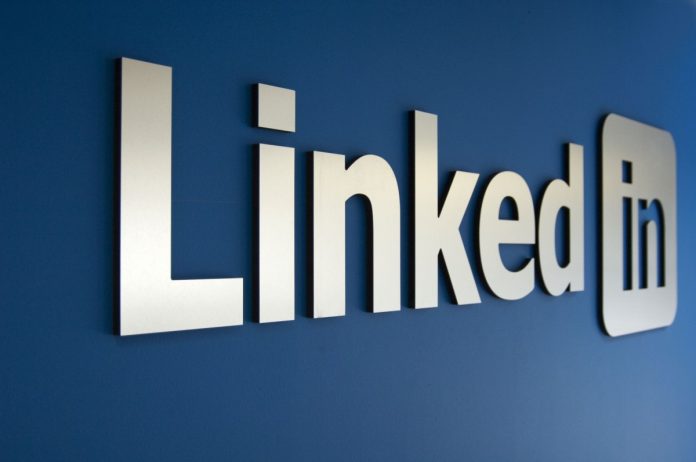Microsoft-owned LinkedIn is being sued by Premium customers who allege that the business-focused social media platform disclosed their private messages to third parties for generative artificial intelligence training without permission.
The lawsuit claims LinkedIn introduced a privacy setting last August allowing users to control the sharing of their personal data but failed to clearly inform users that their data could be used for AI training.
The plaintiffs contend that LinkedIn quietly updated its privacy policy on September 18, stating that data could be used for training AI models. Additionally, the platform’s “frequently asked questions” section included a disclaimer saying opting out of data sharing “does not affect training that has already taken place.”
The lawsuit accuses LinkedIn of attempting to “cover its tracks” and misusing customer data, violating its promise to use personal information solely to improve the platform. It claims LinkedIn’s actions were aimed at minimizing public scrutiny and legal consequences.
Filed in a San Jose, California federal court, the class action represents millions of LinkedIn Premium customers who sent or received InMail messages before September 18 and whose private information was allegedly shared for AI training. The lawsuit seeks unspecified damages for breach of contract, violations of California’s unfair competition law, and $1,000 per person for violations of the federal Stored Communications Act.
In response, LinkedIn said in a statement, “These are false claims with no merit.”
The lawsuit was filed shortly after U.S. President Donald Trump announced a major AI infrastructure initiative involving Microsoft-backed OpenAI, Oracle, and SoftBank, with potential investments totaling $500 billion.




